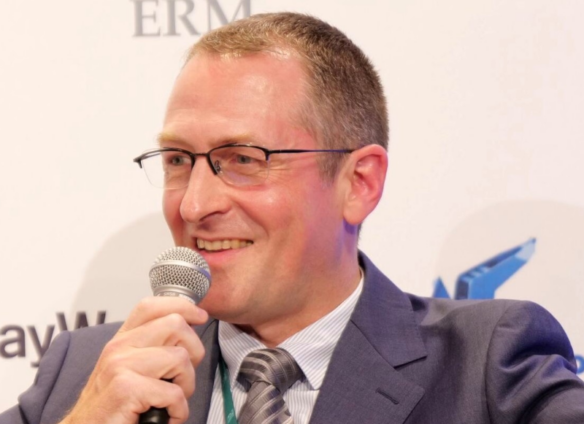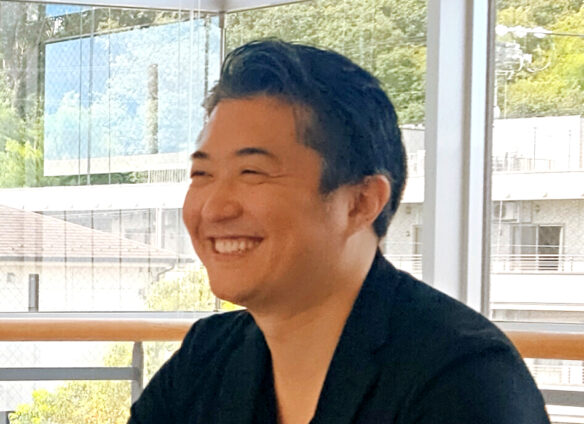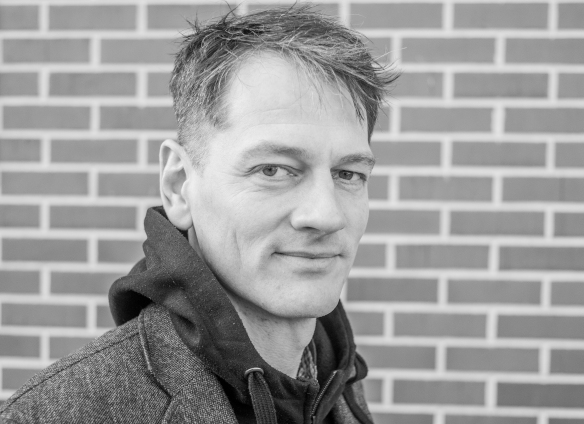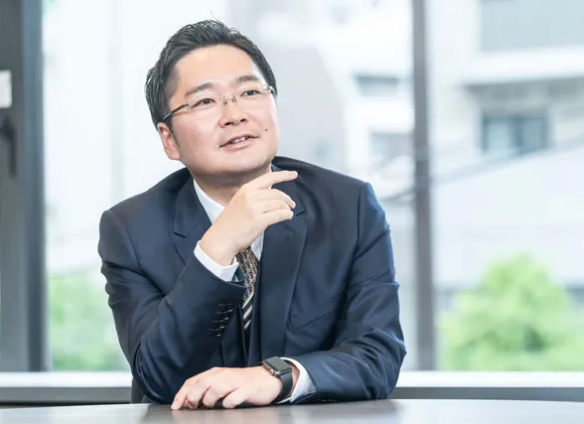Attending the local public primary and junior high schools in Shibuya, Hiroki Nakajima’s educational trajectory, and perhaps that of his subsequent career, looked on course to follow that of millions of other Japanese. However, his parents felt Japan’s high schools did little more than prepare students for university, and wanted to broaden their son’s learning and horizons.
This being the mid-1990s, when the US crime rate was near its peak, they settled on sending him to the Leysin American School in what they were sure was a much safer Switzerland. They also hoped the clean mountain air would help the asthma he had suffered with. The experience would have profound impacts on the young Nakajima, including eventually putting him on the path to a career helping international students and their families.
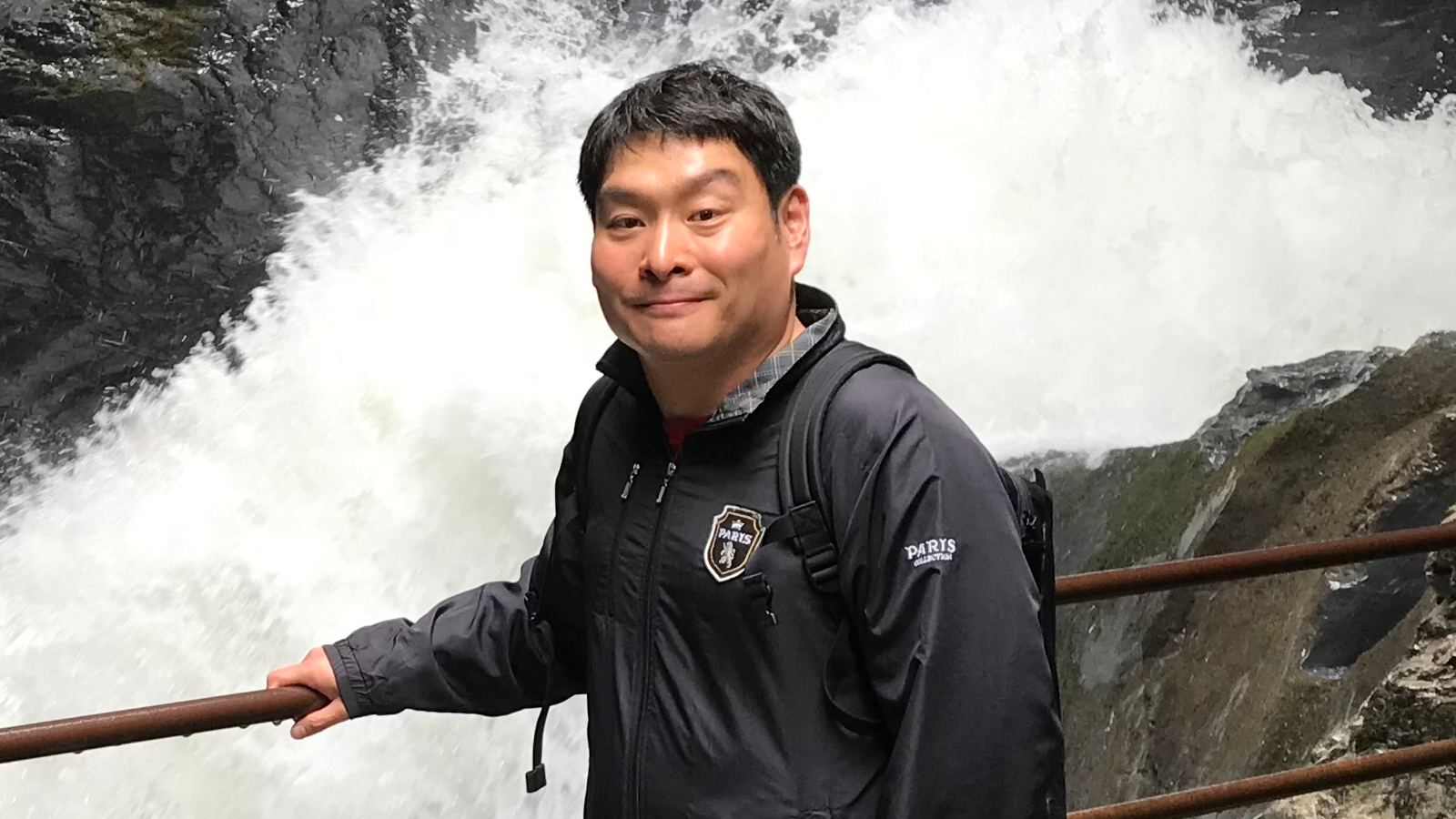
A new perspective on the world
Language proficiency was the first hurdle, which he overcame with the help of his Taiwanese roommate and the friends Nakajima made through him. Meanwhile, his second-year roommate also strongly influenced his thinking.
Nakajima says that like many young Japanese, he thought of his parents as “uzai,” or annoying, and when he one day spoke somewhat dismissively of them to his roommate, he was taken aback by the response.
“He was from Turkey, where respect for family and parents is very strong. He got very upset with me and told me off,” recalls Nakajima, who says it changed the way he looked at his own parents and the world.
After graduating from Leysin in 1999, he undertook further liberal arts studies before entering a small private college in California. There he spent two and a half years, before transferring to Ripon College in Wisconsin, another relatively small institution, where he majored in global studies. Nakajima recalls visiting a number of universities before settling on Ripon, but was surprised at how the student bodies at many of them appeared to be racially divided, at least based on how he saw students grouped in the dining halls.
On graduation, he remained based in the state, undertaking a master’s programme in student personnel administration at Concordia University Wisconsin, which included an internship at the University of Wisconsin Oshkosh, where he worked with people planning to study in Japan.
Home again
Returning to Tokyo in 2009, Nakajima found that job hunting was significantly more difficult when not a “fresh graduate” by the strict definitions of Japanese companies. “I failed quite a few interviews and exams.”
He ended up working as an assistant in the computer room at a university in Tokyo. Back among his compatriots, Nakajima realised that he found them somewhat “isolated,” often engaged in “limited communication with each other” and mostly “not interested in international issues.”
Nakajima had maintained contact with his school in Leysin, and when the founder’s son visited Tokyo, a meeting led to an introduction to the administration department, which was looking for a representative in Japan. He spent six years working between Switzerland and Japan, helping to recruit students and supporting those already studying at the school and their families.
The work of such agents in most countries ends when the student enters the school. But for Japanese families, acting as an ongoing intermediary who helps with a wide range of issues throughout their schooling is par for the course, says Nakajima, partly due to language barriers.
Global events would continue to impact his work. In 2016, he had a presentation lined up for around 40 families in Kansai who were interested in sending their children to Switzerland. Then suicide bombers carried out coordinated attacks in Belgium. Everyone cancelled.
Going solo
Despite the challenges, Nakajima decided to strike out on his own by launching Swiss Study shortly afterwards. He now represents more than 15 international schools, mostly in the French speaking region. The major appeal of Swiss boarding schools for Japanese families are their cosmopolitan student populations, surrounding natural beauty and a certain ‘brand’ cache, according to Nakajima, who adds that some parents continue to have similar concerns to the ones his own had around the safety of the US.
Events struck again in the form of pandemic, which left his business “almost dead for about three years,” though it is now “gradually getting back normal, though still challenging.”
Among the more challenging aspects of being an agent and educational consultant are the occasional unreasonable request by parents — such as asking him to try and persuade schools to bend their rules — and expectations that because he his bilingual he can smoothly interpret group meetings.
On the other hand, the most satisfying element is supporting students and their families, and the appreciation they express for it as the children follow the same journey he took as a teenager to study in Switzerland.
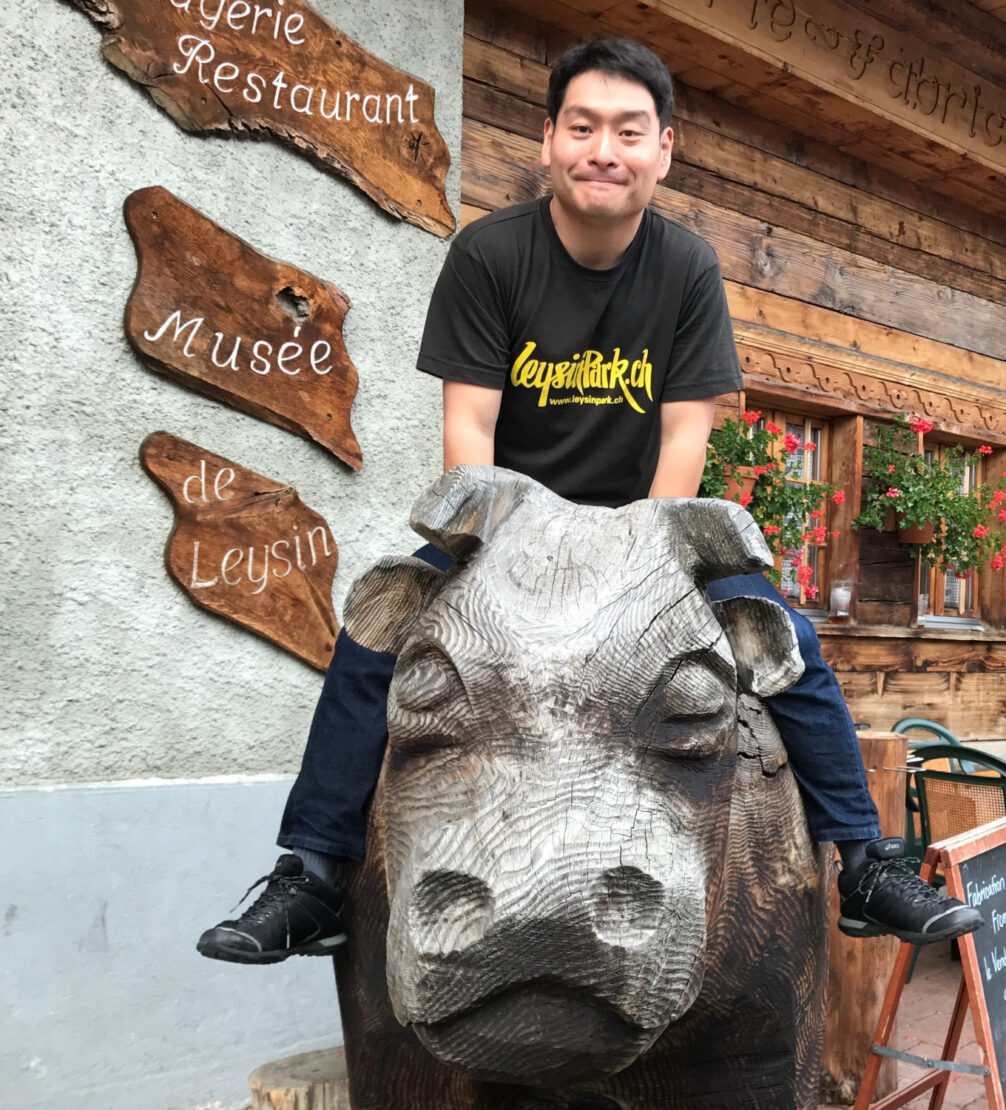
Text: Gavin Blair for SCCIJ.



